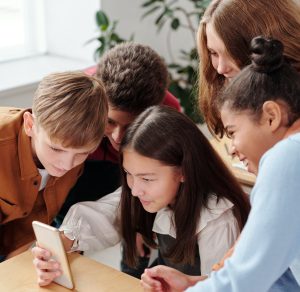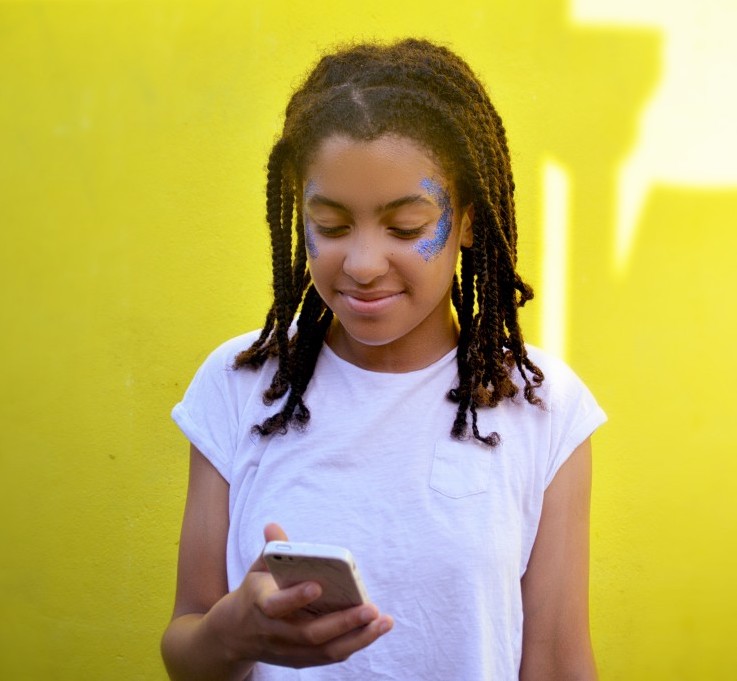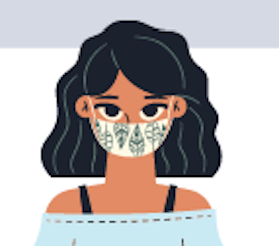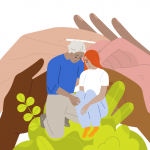Social Media and Mental Health
 You are growing up in a world where social media has always been a part of connecting with others, especially friends and classmates. Social media has made it possible to stay connected to other people from almost anywhere and at any time.
You are growing up in a world where social media has always been a part of connecting with others, especially friends and classmates. Social media has made it possible to stay connected to other people from almost anywhere and at any time.
However, digital platforms can also make things more difficult for you emotionally. It’s important to recognize when patterns of social media use are unhelpful and understand the potential consequences.
Learning People Skills
Have you ever noticed how intensely babies look at the faces of people around them? Our brains are wired to use our senses to connect with others; by seeing their facial expressions, hearing their tone of voice and noticing their reactions as we speak, we learn important social cues and effective communication habits.
It is a complicated and ongoing learning process that can be negatively impacted by social media. If the majority of your interactions with others are coming through a screen or in written messages, especially when you are young and your brain is still developing, you may be missing out on opportunities to improve your people skills through face-to-face communication.
Online Bullying
You are most likely aware that sometimes people behave or interact online in ways they would not in person. This might include bullying, using offensive or insulting language or other hurtful behaviors. When this behavior happens on social media, it is generally viewed and even shared widely — making it difficult to reduce its impact.
If this happens to you, it’s understandable to feel hurt or down about it. To stop the bullying from continuing, it’s important to report what’s happening — both on the social media platform you are using and to let an adult that you trust know about it.
Comparing Ourselves to Others
People often present unrealistic or adjusted images of themselves and their lives on social media. They may only share the fun and exciting aspects of their lives, never mentioning any of their private struggles — or they may digitally edit photos to hide things they perceive as flaws. Constantly viewing these idealized depictions can lead to feeling competitive and/or unhappy if we try to compare ourselves to these images that may not be realistic.
Isolation
Research has shown that people who spend more time on social media and less time in personal interactions with others have an increased risk of feeling anxious and depressed. However, it’s difficult to know which came first: if spending time online causes anxiety and depression or if young people who are depressed and anxious are more likely to be isolated, less active and spending time on social media. In either case, too much time online and too little time with others can have a negative impact on our mental health.
Excerpted from “Social Media and Mental Health” from the National Alliance on Mental Illness (NAMI). Read the full article online for a few suggestions, or tips, to maintain your mental health while using social media.
Source: NAMI | Social Media and Mental Health, https://www.nami.org/Your-Journey/Kids-Teens-and-Young-Adults/Teens/Social-Media-and-Mental-Health | Copyright © 2023 NAMI
Do you need someone to talk to? To schedule an evaluation or to get advice about your child’s or teen’s challenges, call or email a CHC Care Coordinator at 650.688.3625 or careteam@chconline.org CHC teletherapy services are available now.





